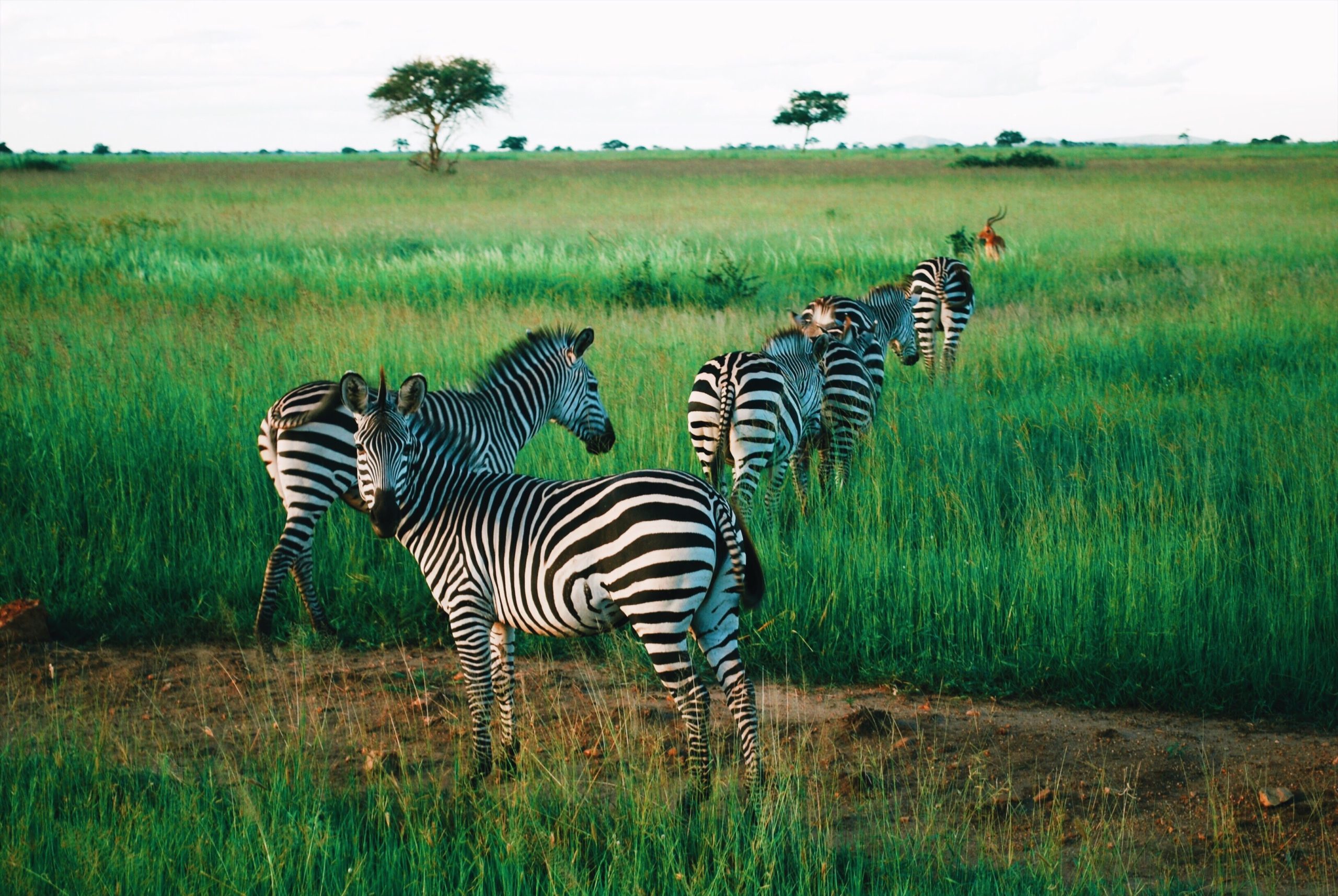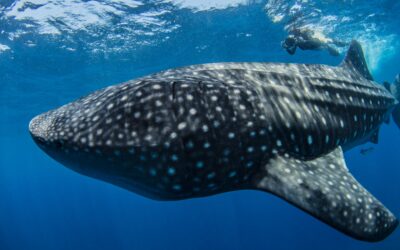Last updated on March 27th, 2024
Featured image: Zebras graze in a grassy field on an ethical safari
Expert eco-friendly tips and advice for travel
by Carolyn Ray, Editor, JourneyWoman
As we look at a return to travel, what does that mean for wildlife? JourneyWoman CEO Carolyn Ray and JW Advisory Council member Nora Livingstone, CEO of Animal Experiences International, to join our April 22 Community Call and share her thoughts about how we can protect wildlife and the environment when we travel.
Often we are told that it’s okay to do something because ‘it’s legal’ or we see that others do it. However, we must always ask ‘How do we know?’ How do we know it’s ethical? Safe? How do we know that animals are being treated well and that we’re not adding to the problem.
About Nora Livingstone
Nora is our animal tourism expert on the JourneyWoman Advisory Council. She is the CEO + Co-Founder of Animal Experiences International. AEI is a women-owned B Corporation that sends volunteer tourists all over the world to assist with wildlife rehabilitation, citizen science projects, and help local initiatives that provide health services to companion animals.
Learn more
Visit the Sustainable Travel section of our website to learn more about wildlife conservation, eco-friendly packing tips, and more.
Quick Tips for Ethical Tourism
(read “Practicing Responsible Animal-Based Tourism” for more.)
1. Research, research, research… Many organizations exist that strive to educate the travelling public, monitor operators, and develop policy around ABT. An hour of research on the web could make a traveller more informed about the potential issues of virtually any destination.
Following are a few examples, but many more exist:
- World Animal Protection puts out a list of “Elephant-friendly travel companies;”
- The International Fund for Animal Welfare has information on the best /worst countries for banning animals in circuses;
- The Global Federation of Animal Sanctuaries provides certification for animal sanctuaries, rescue centers, and rehabilitation centers;
- Tourism Concern has an Ethical Tour Operators Group; and
- The Brooke (n.d.) have a code for responsible travel with horses and other equids.
2. Follow the money. While you are doing your research, see if you can figure out if the revenue from the ABT benefits the community or conservation goals in general. Some projects support the community at large and say so. The more transparent the finances, most likely the better.
3. Restrain from getting a selfie. The organization World Animal Protection notes “If you can ride it, hug it or have a selfie with the wild animal, the chances are it’s a cruel venue.” Animal selfies, while a hit on social media, can be extremely stressful for the animal.
4. Report suffering. There are places where animal suffering can be reported, including Born Free’s website: www.bornfree.org.uk/report-animal-suffering
5. Give back to animals. If you are going to volunteer at a shelter, sanctuary, or rehabilitation facility while you travel, make sure the facility, and the tourism operators that connect you with them, are reputable. Some animal sanctuaries are overwhelmed with volunteers and media attention, to the detriment of other parks that may need help more, or where conditions aren’t as favourable to the animals.
6. Reward quality interpretation. All conservation-based attractions need quality interpretation to impart influential messages to visitors about the value of the resources in question. Particularly if the resource is a sentient being or group of sentient beings, care must be taken to present accurate and representative knowledge. By choosing tour operators and attractions that invest in consumer education and interpretation, you are supporting organizations that effectively communicate their conservation message and contribute to the local conservation goals. One resource about interpretation in the United States is the National Association for Interpretation.
7. Leave human behaviour to humans. Animals should never be “trained” to ride bicycles, smoke cigarettes, dance, jump through hoops, or move in some way that is not innate to the species. If you see this kind of thing, let the operators know of your disapproval and report them.
8. Don’t visit animals. A live animal is wonderful to see up close…for the human. Are there ways of learning about animals, or viewing them, without having a captive animal in front of an audience? Are there animal substitutes that could be made? For example, some circuses are only displaying human feats of entertainment or providing life-sized animal “puppets” to amuse audiences. In the end, our ABT choices ultimately come down to which parties are benefiting. Being a guest in another place, I feel that the local community, environment, and animals would come first, and we as travellers, second. Where do you stand?
Quick Links
The Sheldrick Wildlife Trust: Haven for Elephants & Rhinos
The Giraffe Center
The Pan-African Sanctuary Alliance: PASA
The Brooke – Action for working horses and donkeys
The Wildlife Conservation Society
U.S. Fish and Wildlife Service
More on Ethical Animal Experiences
Swimming with Whale Sharks in Mexico’s Galapagos: Adventures in La Paz, Baja California Sur
A once-in-a-lifetime experience swimming with whale sharks in La Paz, Mexico, reminds us to trust ourselves and the universe.
15 Stunning Train Trips to Inspire Your Travels in 2025
These train trips across Europe, Asia, Africa and Canada remind us that the journey can be more memorable than the destination.
Travel with Purpose: Volunteering at a Turtle Conservation Project in Costa Rica Makes My Dream Real
As a volunteer on a turtle conservation project in Costa Rica with Conservation VIP, I fulfilled a long-held dream to help baby turtles.






0 Comments
We always strive to use real photos from our own adventures, provided by the guest writer or from our personal travels. However, in some cases, due to photo quality, we must use stock photography. If you have any questions about the photography please let us know.
Disclaimer: We are so happy that you are checking out this page right now! We only recommend things that are suggested by our community, or through our own experience, that we believe will be helpful and practical for you. Some of our pages contain links, which means we’re part of an affiliate program for the product being mentioned. Should you decide to purchase a product using a link from on our site, JourneyWoman may earn a small commission from the retailer, which helps us maintain our beautiful website. JourneyWoman is an Amazon Associate and earns from qualifying purchases. Thank you!
We want to hear what you think about this article, and we welcome any updates or changes to improve it. You can comment below, or send an email to us at [email protected].